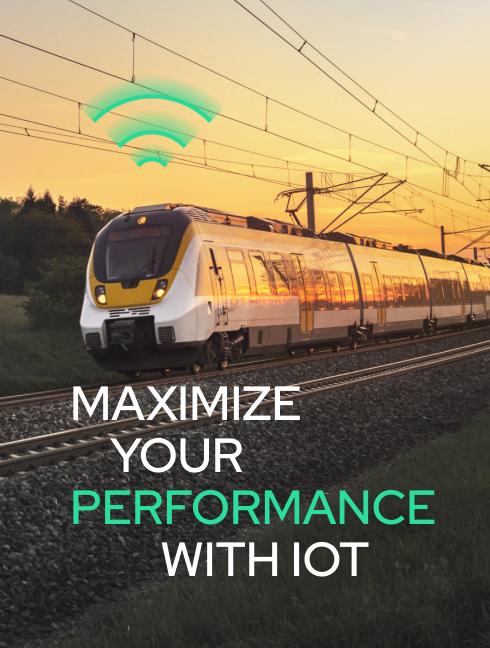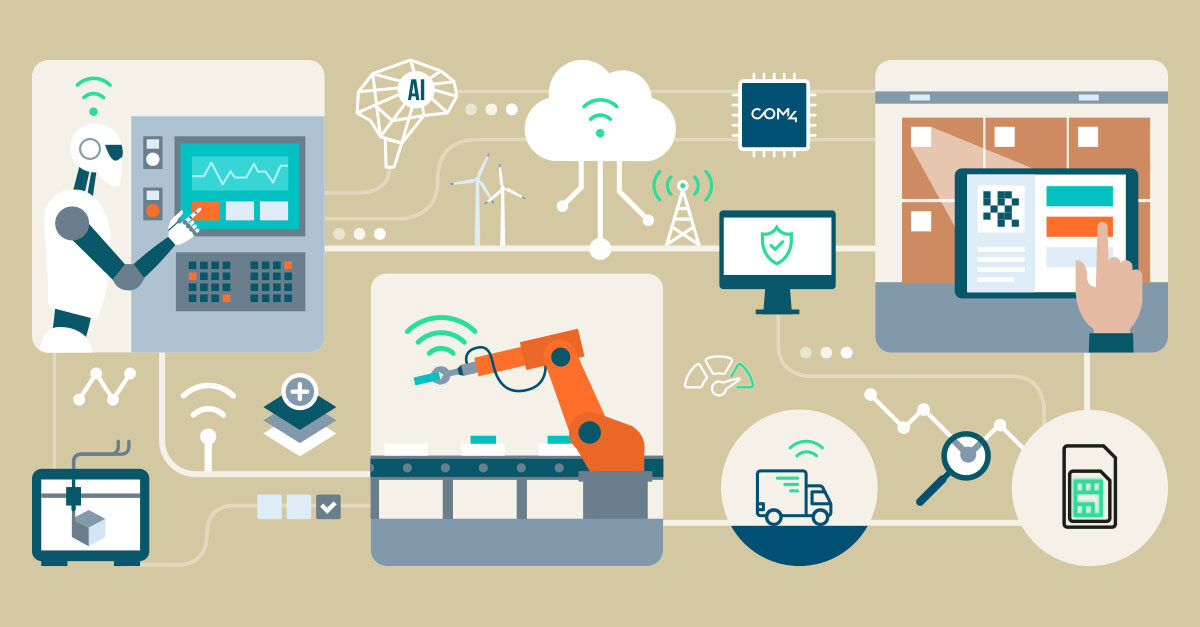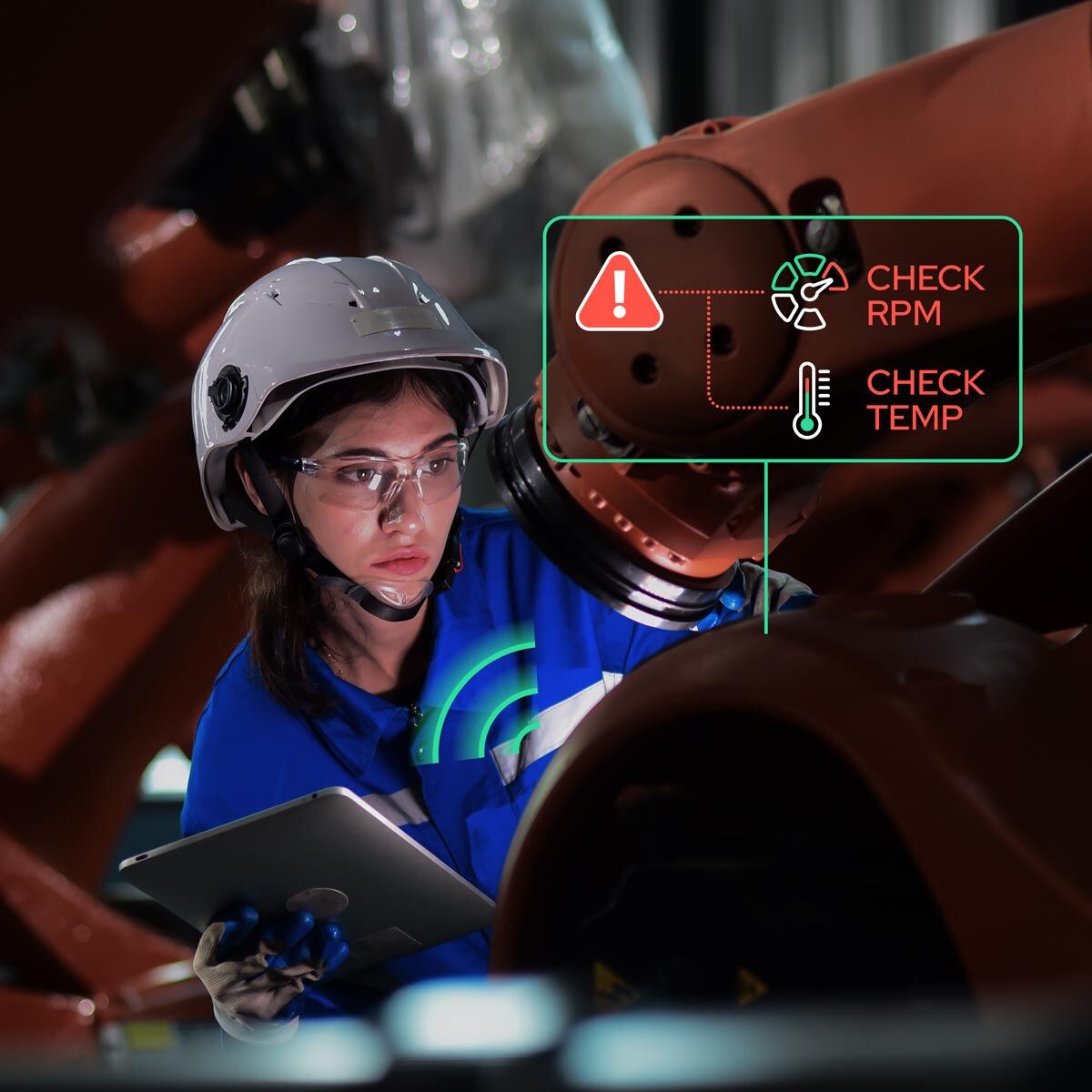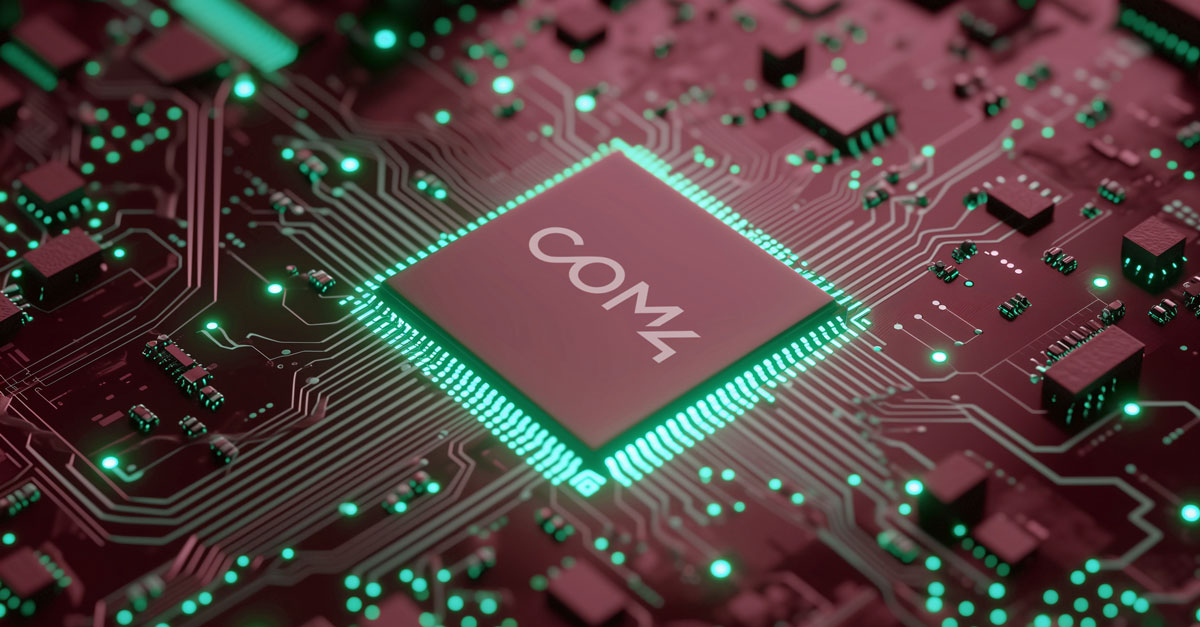With its remarkable ability to interconnect devices and gather crucial data, IoT technology is now reshaping sectors from agriculture and healthcare to finance and hospitality. However, one sector where IoT demonstrates particularly impactful benefits is logistics—a field inherently complex due to its vast scope involving the movement, storage, and flow of goods.
Why IoT in Logistics?
Logistics involves more than the mere transport of items; it encompasses storage, handling, inventory management, and packaging. As global supply chains become more intricate and expansive, the logistics sector faces growing challenges and pressures. Fortunately, IoT technology offers solutions to streamline these processes, enhance security, and improve overall operational efficiency.
Enhanced Security with IoT
Security is paramount in logistics. IoT devices can significantly bolster security measures. For instance, IoT-enabled CCTVs can monitor warehouse activities ensuring only authorized personnel access the premises. Similarly, IoT devices fitted in transport vehicles can track the journey of goods, ensuring their safe arrival and reducing theft or misplacement incidents.
Safer Driving Conditions
IoT sensors installed in vehicles can drastically improve road safety. These sensors monitor vehicle health, alerting operators to maintenance needs or unsafe driving behaviors like speeding or abrupt turns. Such technology not only safeguards the products being transported but also the people involved in the logistics processes.
Advanced Product Tracking
Tracking technology is at the heart of logistics. IoT enables superior tracking capabilities through devices like RFID tags and cellular-connected asset trackers. These tools allow for detailed tracking of products from the warehouse right up to delivery, enhancing transparency and fostering trust between suppliers and customers.
Data-Driven Insights
Perhaps one of the greatest strengths of IoT is the vast amount of data it can collect and analyze. This data becomes a goldmine for logistics companies, enabling them to make informed decisions about their operations. For example, data on environmental conditions during transport or warehouse operations can lead to optimized processes and improved employee performance.
Key Elements of a Connected Logistics Company
A connected logistics company integrates IoT solutions to gain real-time insights into its operations. This connectivity goes beyond just IoT devices and involves a robust communication system for fleet operators and warehouse managers. This integration facilitates immediate and informed decision-making, which is crucial for handling the dynamic aspects of logistics such as delivery schedules and inventory management.
IoT in Supply Chain and Fleet Tracking
Effective supply chain management is vital for timely deliveries and maintaining product integrity. IoT aids this by providing real-time tracking of goods and vehicles, which helps logistics companies manage their operations more efficiently and with greater accuracy. Moreover, the real-time data helps in planning and executing operations seamlessly, even when dealing with unexpected disruptions like traffic delays or equipment malfunctions.
Use Case: Com4 Partners with Bane NOR to Revolutionize Railroad Infrastructure with IoT Connectivity
Bane NOR, the state enterprise responsible for Norway's rail infrastructure, faced the challenge of deploying next-generation energy meters that needed seamless connectivity across different networks, including international routes. Com4 was chosen for their technical flexibility and ability to adapt to the new CENELEC-protocol. The partnership involved deploying energy meters and robust communication systems, ensuring real-time data transmission and operational efficiency. Com4 provided custom -made SIM cards capable of withstanding extreme conditions, ensuring reliable communication in the harshest environments. This collaboration marks a significant advancement in railway technology, enhancing data accuracy and safety across Norway's rail system.
The Future of IoT in Logistics
The logistics industry is set to benefit immensely from the continued integration of IoT. With the global IoT market expected to grow to € 1,842 billion by 2028, the logistics sector is on the brink a revolutionary transformation. IoT offers a pathway to not only simplify complex logistics operations but also to do so with increased efficiency and security. As we look towards the future, the continued adoption and integration of IoT within logistics promise to enhance operational efficiencies and reshape supply chain
management fundamentally.
For logistics professionals looking to stay ahead, embracing IoT connectivity and integrating it into their operations is not just beneficial—it's becoming essential. IoT's ability to provide real-time data, enhance security, and improve operational efficiencies can significantly elevate the logistics and supply chain processes, leading us into a more connected and efficient future.
If you are interested in further exploring IoT solutions for your logistics needs, consider contacting Com4 to dive deeper into the specifics of IoT applications and their benefits to fully leverage this transformative technology.








